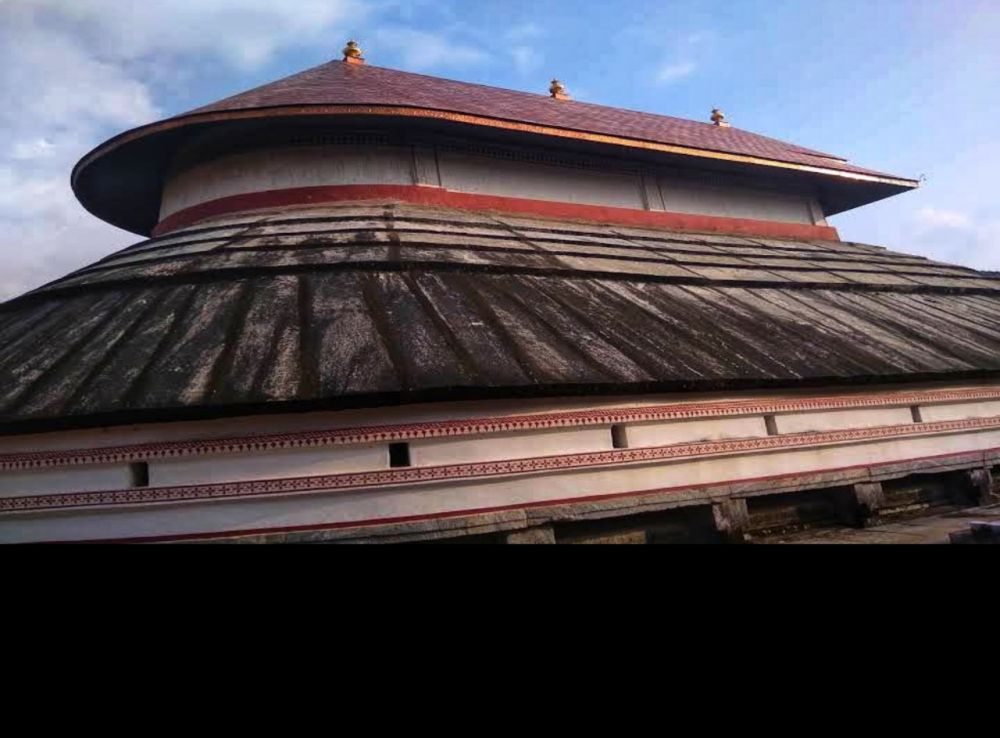

The Udupi Anantheshwara Temple is a historic Hindu temple located in the coastal town of Udupi, Karnataka, India. It is dedicated to Lord Anantheshwara, a form of Lord Shiva, and is considered one of the ancient temples in the region, with a rich history that dates back over a thousand years.
Historically, the temple is believed to have been established by Sage Parasurama, a mythological figure credited with the creation of the Western Ghats and the coastal region of Karnataka. Over the centuries, the Temple has been a center of spiritual learning and a place of pilgrimage for devotees. It's also closely associated with the famous Indian philosopher, Madhvacharya, the proponent of the Dvaita school of Vedanta, who founded the Krishna Mutt in Udupi in the 13th century.
The Udupi Anantheshwara Temple has been a significant attraction for pilgrims and tourists alike. The temple's architecture is a classic example of the Dravidian style, with intricate carvings and a majestic aura that offers a glimpse into the region’s rich cultural heritage.
Tourism in the area has grown substantially over the years, buoyed by the temple's spiritual significance and its surrounding attractions such as the Udupi Sri Krishna Matha, Malpe Beach, St. Mary's Islands, and the scenic Western Ghats. The temple's annual festivals, particularly the Udupi Paryaya, which takes place every two years, and the Rathotsava (chariot festival), draw huge crowds, significantly contributing to the area's tourism.
In recent years, there has been an emphasis on promoting sustainable and spiritual tourism in Udupi. Visitors are increasingly interested in experiencing the local culture, cuisine, performing arts, and participating in wellness retreats that offer yoga and meditation influenced by the region's spiritual background. The Udupi District Tourism Promotion Council has been actively involved in enhancing the tourist experience by improving facilities and providing comprehensive information about the area’s attractions.
The Udupi Anantheshwara Temple remains a bastion of spirituality and culture, inviting visitors from around the world to explore its timeless charm and the tranquility of its surroundings.